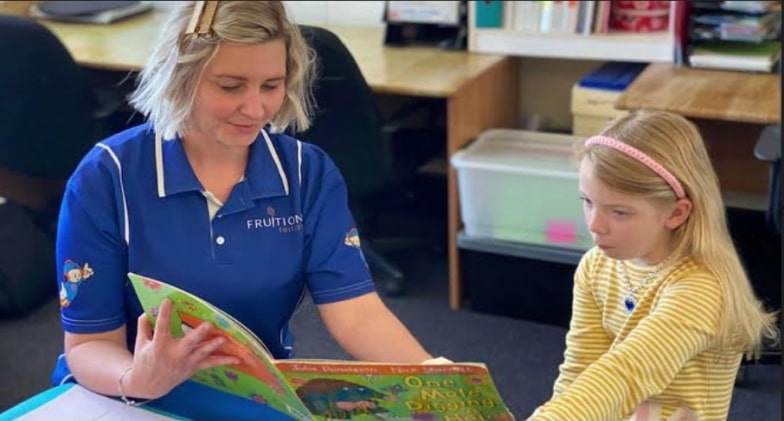Private tutoring has been standard practice in certain Middle Eastern and European countries for decades. It’s at the heart of South Korean and Japanese education practices, but in Australia and the United States, it has only recently caught on. If you’re looking for a private tutor for your child, find out what you should know before making that decision.
What is Private Tutoring for Kids and what are the Types?
A private tutor is the person who teaches a student privately according to his/her/their needs. In private tutoring the focus is only on your child in that given time frame or class. It makes sure that the student understands everything conceptually and that there are no misunderstandings during the process of learning.
School kids widely need Maths tutors and Science tutors as these are the subjects in which concept clarity is highly required to reach a certain level.
Private tutoring entails either a one-on-one tutor with the ratio of student teacher being 1:1 (self-explanatory) or one can also opt for a private tuition centre where just selected few kids are taught together. This also enforces Peer to Peer Learning which is the concern of most parents for not opting private tutoring.
Pros and Cons of Private Tutoring
Private tutoring is a common educational strategy which can help both underperformers in class and make them perform better at home. However, the question often arises of whether the private tutor has actually made enough of a difference for the child to justify their cost.
Pros
Private tutoring may be a good way to get ahead in school for an individual. It’s also a service which can help those who are constantly behind, or whose current curriculum is not challenging them sufficiently. Private tutoring is convenient and will teach children how to progress at school without being distracted by others.
The benefits to the student and tutor include a flexible teaching style and curriculum that may be more tailored to each student’s unique needs.
It provides an alternative to school-cafeteria style education and general learning without the need for extra assignments. Private tutoring is not only a more convenient option for parents and students, but we can also see it becoming more affordable in the coming time.
Cons
The downside of private tutors is that they are not regulated by any governing body or their own company. The company/tutor is free to charge high prices and vice versa.
Furthermore, because of the same reason, you don’t know whether the tutor is well qualified or not. You might want to do a lot of research before selecting a private tutor as it can be difficult to find the right tutor.
And finally, the biggest concern, private tutoring is often incredibly expensive than school-based options and they almost always have a waiting list of students.
Is Private Tutor Worth the Money?
Private tutors may be paid by the hour, by the lesson or partly by a flat rate. Private tutors are important to many parents – they want their children to achieve the best results in their studies and learn at the same time.
Many students in Australia have found a private tuition centre to be worth the money. This is because a private tutor can offer a more tailored approach to learning, as well as flexibility on schedules. A child’s individual needs and preferences will be met with this type of education.
Moreover, good grades not only help kids achieve good marks. Good marks and conceptual learning often result in higher confidence, greater self-esteem and a positive outlook towards school in general.
The Future
When kids first started going to a private tutor, tutors thought they’d be rich and work even less. But this is rapidly changing. The market has adapted recently, and new jobs have cropped up like crazy. It is not just the education sector anymore, it has transformed into a service sector and we can see the market players taking it very seriously.
There’s not only competition for opportunities but also benefits that may justify the costs of private tutoring. Although there are some disadvantages of hiring a one to one tutor (working hours, availability, travel requirements, etc.) but they seem to be turning into advantages given the current competition in the market.

